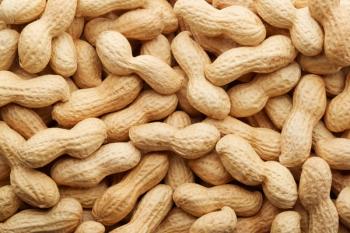
Antioxidant-rich diet can reduce infection in kids with ALL
Children who have acute lymphoblastic leukemia (ALL) can reduce their risk of infection by consuming a diet rich in fruits and vegetable, according to a new 2-year cohort study.
A diet packed with fruits and vegetables is a solid foundation for a healthy life. However, that same diet could prove even more beneficial to children and teenagers who have acute lymphoblastic leukemia (ALL), according to a new
Investigators examined 794 children whom they had enrolled in a prospective clinical trial for the treatment of ALL. They used a food frequency questionnaire to look at the dietary intake of the participants. There were 614 completed dietary surveys at the diagnosis and 561 completed surveys at the end of the study.
Among the 513 children who provided a dietary survey at both diagnosis and the end of the study, 120 children had a bacterial infection at the induction phase and 87 had a bacterial infection in the postinduction phase. Twenty-two children had mucositis during the induction phase and 55 had mucositis in the postinduction phases. Researchers found that an increased intake of dietary antioxidants was linked to significantly lower rates of infection and mucositis. There was no association between supplementation and toxicity, relapse, or survival.
In a press release for the study, lead author Kara M. Kelly, MD, pediatric oncologist, the Waldemar J. Kaminski endowed chair of Pediatrics at Roswell Park, and chair of the Roswell Park Oishei Children’s Cancer and Blood Disorders Program, Buffalo, New York, said: “This is the first study to suggest that a high-quality diet, rather than taking supplements, during ALL treatment may be beneficial in reducing these common toxicities.”
Kelly adds, “It really backs up what my research team has been promoting: that you can’t get these benefits by just taking a dietary supplement. There are protective components in whole foods that you don’t get when you take a supplement.”
References:
1. Ladas EJ, Blonquist TM, Puligandla M, et al. Protective effects of dietary intake of antioxidants and treatment-related toxicity in childhood leukemia: a report from the DALLT cohort. J Clin Oncol. April 24, 2020. Epub ahead of print. doi: 10.1200/JCO.19.02555
Newsletter
Access practical, evidence-based guidance to support better care for our youngest patients. Join our email list for the latest clinical updates.








